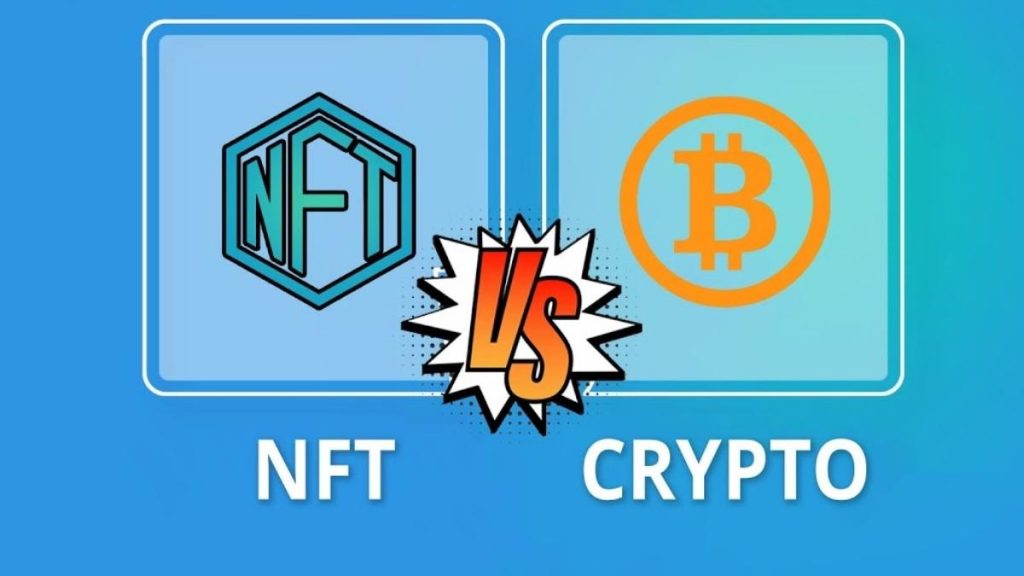When it comes to digital ownership, people have argued for centuries about how to value the assets. The valuation of NFTs may be another round of this debate. NerdWallet is not an investment advisor and does not recommend any specific investment. But this article will help you understand how these assets differ from each other. And if you’re not sure what to make of them, check out this comparison article.
Investing in nfts is risk-free
There are a lot of risks associated with investing in NFTs. Most people buy NFTs for the bragging rights that come with owning a unique item. Some are even created by celebrities, who auction them off to superfans, in a similar way to selling autographs. But the majority of these assets are not good investments. They do not produce a steady cash flow or appreciation. As a result, investors typically buy them on speculation and hold them until their prices go up.
The NFT market is prone to huge volatility. Without mechanisms to price assets, prices can fluctuate by thousands of percent. The value of popular NFTs such as 2020 has spiked by more than two hundred percent. Similarly, a Top Shot highlight can sell for a few dollars but end up worth tens of thousands of dollars. Therefore, investors should be very cautious before investing in NFTs.
Investing in nfts is speculative
Although NFTs have been around since 2014, they have recently grown in popularity and are being traded in major exchanges. The speculative frenzy has led to the rise of cryptocurrency and meme stocks. Two such companies, GameStop Corp. and AMC Entertainment Holdings Inc., are attempting to cash in on the NFT craze. Both are attempting to develop new markets for NFTs relating to video games and related technologies.
One reason for the speculative nature of the NFT market is the lack of proper mechanisms for pricing assets. Hence, popular NFTs soared in value by more than 2000% over a short period of time. The Top Shot highlights, on the other hand, were sold for tens of thousands of dollars. This demonstrates the risk of investing in NFTs.
Investing in nfts is taxable
When you invest in a high-value cryptocurrency, like Bitcoin, you may be wondering if it is taxable. The IRS has issued guidelines on cryptocurrencies, including NFTs, and those guidelines center on the disposition of assets principle. Essentially, the virtual currency is treated like a capital asset, and any gain or loss must be taxed. This is particularly true when you use cryptocurrency as a medium of exchange.
If you are a person who regularly creates and sells NFTs, the gains and losses will be taxed as ordinary income. The good news is that you can deduct the costs and expenses that you incur when purchasing and selling NFTs as business expenses. The bad news is that NFTs are not exempt from sales tax. For those investors interested in making their money grow, a legal entity may be a better option.
NFTs are a modern-day collectible
Using blockchain technology, NFTs are unique digital assets that represent the ownership of unique items. These tokens can be purchased and sold online and represent digital proof of ownership. They are also hard to alter or counterfeit. In contrast to fungible currency, which relies on uniqueness to maintain value, NFTs are a unique digital asset that cannot be duplicated. They are also sold on NFT marketplaces.
While Bitcoins and Ethereum are fungible – meaning that they can be exchanged for each other – NFTs are non-fungible. That means that their value increases over time, just as real estate and art do. The key to understanding NFTs is to understand the underlying technology behind them. Moreover, if you’re planning to invest in them, you’ll want to choose a wallet that is easy to use and has cross-chain compatibility.
They are non-fungible vs cryptocurrency
In economics, a token is considered fungible if it can be exchanged for other things of the same type. For example, a $100 note can be exchanged for two $50 notes or ten $10 notes. Non-fungible tokens, on the other hand, cannot be exchanged for other things. Some cryptocurrencies are fungible, but not all of them are. The main difference between fungible and non-fungible tokens is how unique they are.
Fungible assets are those whose value is indistinguishable from other like units of the same asset. For example, a $1 bill in New York is worth the same as one in Miami. This property makes fungible assets an important part of a payment system, but non-fungible tokens are not. Despite their similarity, however, these two types of tokens are not the same.
